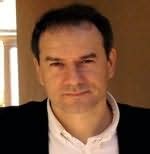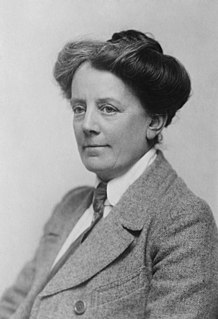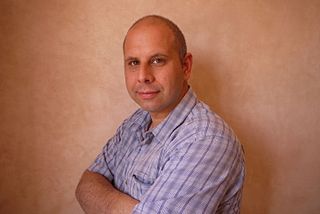A Quote by John Updike
Fiction is very greedy. It will take all you know and then some. The first novel I tried to write, I was struck by this - the appetite of the blank page for ever more information, ever more data. An empty book is a greedy thing. You are right: You wind up using everything you know, and often more than once.
Related Quotes
As I get older I find myself thinking about stories more and more before I work so that by the time I eventually sit down to write them, I know more or less how it's going to look, start or feel. Once I do actually set pencil to paper, though, everything changes and I end up erasing, redrawing and rewriting more than I keep. Once a picture is on the page I think of about ten things that never would have occurred to me otherwise. Then when I think of the strip at other odd times during the day, it's a completely different thing than it was before I started.
Right now, the technological world plus God or spirituality is evolving. I think America has become a little bit too corrupt, government's a little too corrupt, too greedy. Many corporations are too greedy. The labor unions are too greedy. That effects charities and religious organizations. I just think it's greed. That's why, in 1985, I had to figure out how to give before I received. The more I focus on giving, for less and less, the more and more I make.
If I'm writing a story and you're reading it, or vice versa, you took time out of your day to pick up my book. I think the one thing that will kill that relationship is if you feel me condescending to you in the process. And how does that happen? Well, it happens when I know more than you do, and when I know that I know more than you do, and I'm holding it back from you. So that I can then manipulate you at the end. You know, you think about like in a dating situation how terrible that would be, it's the same thing with a book.
It's very bad to write a novel by act of will. I can do a book of nonfiction work that way - just sign the contract and do the book because, provided the topic has some meaning for me, I know I can do it. But a novel is different. A novel is more like falling in love. You don't say, 'I'm going to fall in love next Tuesday, I'm going to begin my novel.' The novel has to come to you. It has to feel just like love.
I'd be surprised if non-fiction writers hate to be interviewed. We all hate them, because there's really nothing to say except "Read the book." Right? At least with non-fiction, you can kind of convey some information, and people can decide for themselves whether they want more of that kind of information. But with a novel, what am I going to do?
The mainstream media today has the biggest disconnect with its audience that it's ever, ever had. And as the disconnect grows and as more and more people distrust them, then the media digs in more and more and says you don't know what you're talking about, you don't know how we do our jobs, you don't know what's important.
There's basically an element of fiction in everything you remember. Imagination and memory are almost the same brain processes. When I write fiction, I know that I'm using a bunch of lies that I've made up to create some form of truth. When I write a memoir, I'm using true elements to create something that will always be somehow fictionalized.
No doubt other writers have often put a thing more brilliantly, more subtly than even a very cunning artist in words can hope to emulate, a supreme phrase being a bit of luck that only happens now and then. And inasmuch as the condiments and secret travail of human nature are always the same, and that certain psychological moments must ever and ever recur, what more tempting than to pin down such a moment with the blow of a borrowed hammer?
Once in a very long time you come across a book that is far, far more than the ink, the glue and the paper, a book that seeps into your blood. With such a book the impact isn't necessarily obvious at first...but the more you read it and re-read it, and live with it, and travel with it, the more it speaks to you, and the more you realize that you cannot live without that book. It's then that the wisdom hidden inside, the seed, is passed on.
Here's what I want from a book, what I demand, what I pray for when I take up a novel and begin to read the first sentence: I want everything and nothing less, the full measure of a writer's heart. I want a novel so poetic that I do not have to turn to the standby anthologies of poetry to satisfy that itch for music, for perfection and economy of phrasing, for exactness of tone. Then, too, I want a book so filled with story and character that I read page after page without thinking of food or drink because a writer has possessed me, crazed with an unappeasable thirst to know what happens next.






































